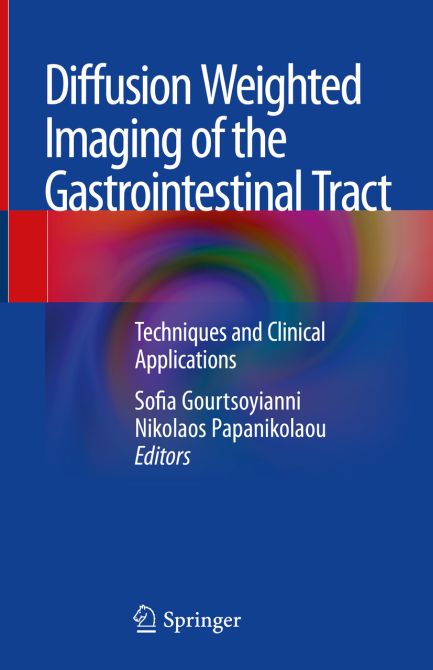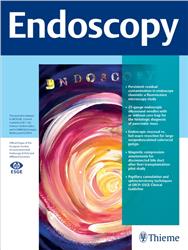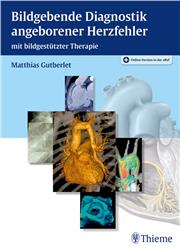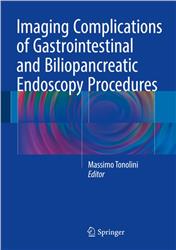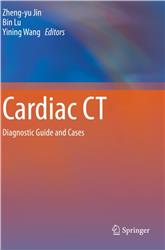Diffusion Weighted Imaging of the Gastrointestinal Tract
Techniques and Clinical Applications
| Auflage | 2019 |
| Seiten | 200 pp., 100 illus. |
| Verlag | Springer |
| ISBN | 9783319928180 |
| Artikel-Nr. | 552550 |
Lieferzeit ca. 5 Werktage
Produktbeschreibung
This book explains how diffusion weighted imaging has been incorporated in routine MRI examinations of the abdomen and pelvis: though its clinical role is still evolving, it is already considered an important tool for the assessment of rectal cancer treatment response, as was confirmed in recent ESGAR consensus statements. The standardization and clinical validation of quantitative DWI related biomarkers are still in progress, although certain efforts have been undertaken to establish imaging guidelines for different clinical indications/body parts.
The book reviews the technical aspects and clinical applications of DWI in imaging of the GI tract, and provides specific technical details (imaging protocols, artefacts, optimization techniques) for each GI tract division. This volume is mainly intended for radiologists who are interested in abdominal radiology, as well as radiology residents. Given that magnetic resonance physics is complex and can be cumbersome to learn, the authors have made it as simple and practical as possible.
The book offers a useful tool for radiologists with a particular interest in the gastrointestinal tract radiology, as well as for radiology residents.
The book reviews the technical aspects and clinical applications of DWI in imaging of the GI tract, and provides specific technical details (imaging protocols, artefacts, optimization techniques) for each GI tract division. This volume is mainly intended for radiologists who are interested in abdominal radiology, as well as radiology residents. Given that magnetic resonance physics is complex and can be cumbersome to learn, the authors have made it as simple and practical as possible.
The book offers a useful tool for radiologists with a particular interest in the gastrointestinal tract radiology, as well as for radiology residents.
Fachzeitschriften

Bleiben Sie informiert!
Melden Sie sich für den frohberg.de-Newsletter an und nutzen Sie jetzt Ihre Vorteil:- Willkommens-Dankeschön: Beatmungsmaske Rescue Me
- Aktuelle Neuerscheinungen und Empfehlungen
- Exklusive Angebote und Kongress-Highlights
